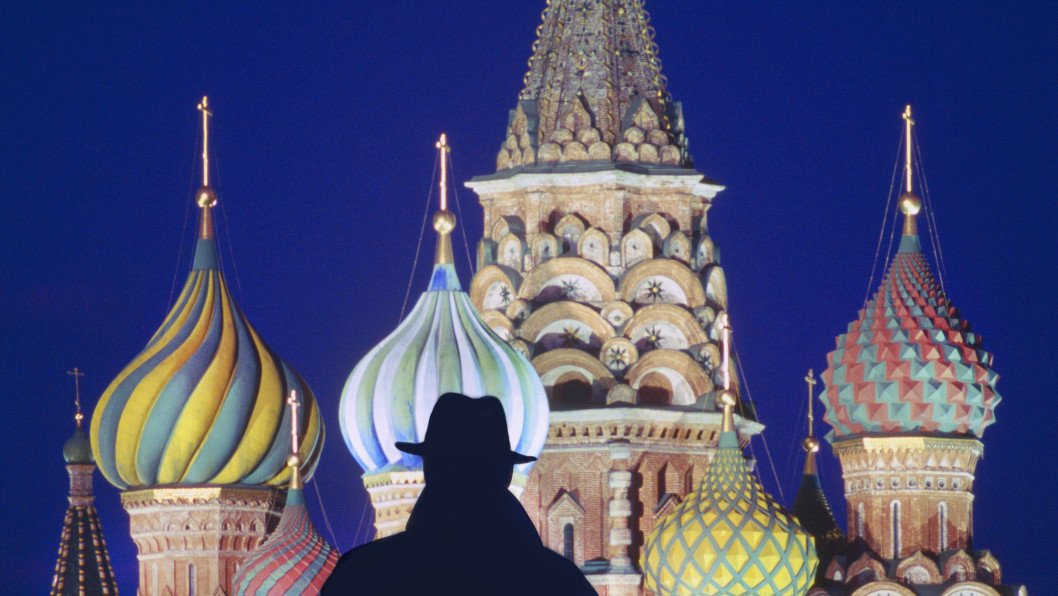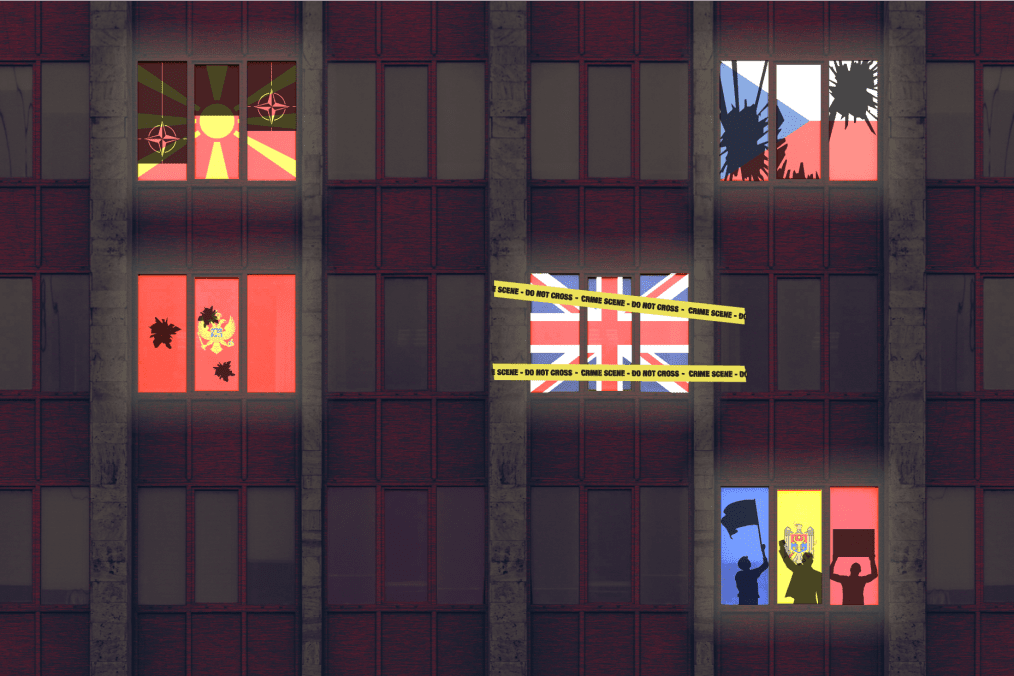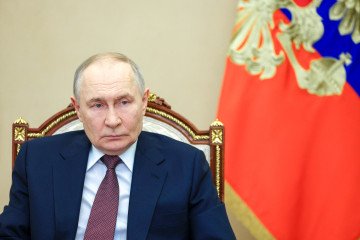Since 2014, Russia has actively interfered in countries worldwide to expand its global influence. Here, we explore some of the most significant meddling scandals of the past decade.
Last week, the United States seized over 30 web domains that it claimed were part of a broader effort to influence US elections. “We have no tolerance for attempts by authoritarian regimes to exploit our democratic system of government,” said the US Attorney General. Since 2014, Russia has attempted to increase its sphere of influence and challenge the global order through subversive methods such as swaying foreign elections, creating civil unrest, and propping up pro-Kremlin leaders.
As a result, Russo-American relations have deteriorated over the past decade. This decline is particularly apparent in the case of Ukraine, beginning with Russia’s illegal annexation of Crimea and culminating in the launch of its full-scale invasion in 2022. To better understand Russia’s gradual but increasing hostility towards the West, we take a look at some of the biggest Russian meddling cases of the past 10 years:
Meddling Scandals
Poisoning of Sergei and Yulia Skripal (2018)
In March 2018, former Russian GRU agent Sergei Skripal and his daughter Yulia were found unconscious on a bench in Salisbury, England. The two had been poisoned by the nerve agent Novichok, commonly linked to Russian intelligence services. Though the Skripals survived, Dawn Sturgess, a British national, died after being exposed to the same nerve agent. The inquiry into Sturgess's death will begin next month. The poisoning incident led to the diplomatic fallout between the UK and Russia, with the UK accusing Russia of involvement in the attack.

Montenegro coup attempt (2016)
In 2016, two Russian operatives linked to military intelligence, Eduard Shishmakov and Vladimir Popov, were found to be involved in a plan to overthrow the Montenegrin government. The plan involved the assassination of the then Prime Minister Milo Đukanović, and the installation of a Kremlin-aligned regime. The plot was scheduled to coincide with Montenegro’s parliamentary elections on October 16, 2016, but was thwarted by Montenegrin authorities, with help from Western intelligence on election day. Over 20 people were arrested. By overthrowing the Đukanović government, Russia ultimately hoped to prevent Montenegro from joining NATO.
Moldovan coup attempt (2023)
In early 2023, mass protests erupted in Moldova, later found to have been organized by Russia’s Wagner Group. "The information we have is that it was a plan prepared by Prigozhin’s team," said Moldova’s Prime Minister Maia Sandu at the time. While the protests claimed to address rising energy prices and economic issues, they were widely seen as fueled by Russian interests aimed at destabilizing Moldova’s pro-Western government.
Later that year, Moldovan authorities reported foiling a coup plot orchestrated by Russia. The plan allegedly involved more violent demonstrations to overthrow the government and install a pro-Kremlin regime coordinated by Russian operatives and local collaborators. Russia maintains influence in Moldova through the pro-Russian separatist enclave of Transnistria. Reports also surfaced of financial and logistical support being funneled to pro-Russian groups within the enclave.
"Russia is going to increase its pressure on Moldova," Prime Minister Sandu told the Financial Times. "They tried energy and failed. They tried to overthrow the government and failed. Now they are trying massive interference in our elections, using a lot of money," she added.
Destabilization in North Macedonia (2020)
Ahead of North Macedonia’s referendum to change its name, resolving a long-standing dispute with Greece, and pave the way for NATO membership, reports of Russian efforts to influence the outcome surfaced. While not a direct coup attempt, Russia was accused of funding opposition groups, fomenting unrest, and spreading disinformation to derail the referendum and prevent the country’s NATO accession. Despite these efforts, the name change was approved, and North Macedonia joined NATO in March 2020.
Czech Republic poisoning plot (2020)
In April 2020, Czech authorities expelled two Russian diplomats after discovering an alleged plot to poison local politicians involved in removing Soviet-era statues. The individuals linked to the plot were reportedly associated with Russian intelligence. While not a coup, it was seen as an effort to intimidate and destabilize the Czech political environment. The expulsion of the diplomats strained Czech-Russian relations, and the incident highlighted the extent of Russian covert operations in Europe.
So why does Russia do it?
These are just some of the instances in which Russia has meddled in foreign countries' domestic affairs. What’s interesting is that each of these examples highlights a foreign policy whose sole objective is to be anti-western. It is one that would rather assassinate a prime minister rather than foster diplomatic ties. It begs the question; when and why did pro-western become synonymous with anti-Russian? One can only look towards a country’s leadership, in this case Vladimir Putin.
‘You catch more flies with honey than with vinegar’ is perhaps a phrase that has not yet been translated into the Russian language. Historically the country prefers to undermine its opposition to gain influence rather than to capture hearts and minds. Its ideology is that of a zero-sum-game whereby the only way it wins, is if the other loses. This is perhaps what has prevented it from achieving the global influence it so desires. It may consider taking a page out of oft-quoted life-coach Zig Ziglar’s book, “You can get everything in life you want, if you will just help enough other people get what they want.”
And what does the world want? Free and democratic elections, prosperity and peace.
-fca37bf6b0e73483220d55f0816978cf.jpeg)

-3db1bc74567c5c9e68bb9e41adba3ca6.png)




-f88628fa403b11af0b72ec7b062ce954.jpeg)